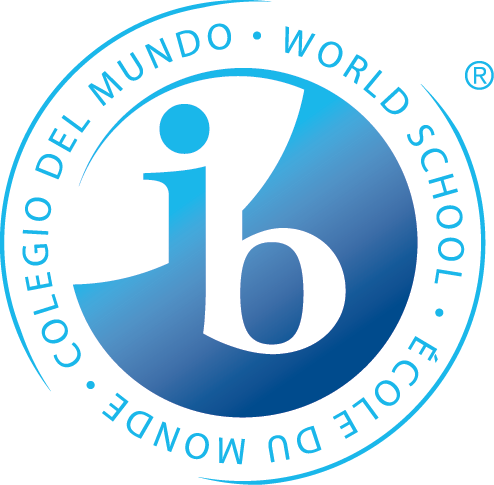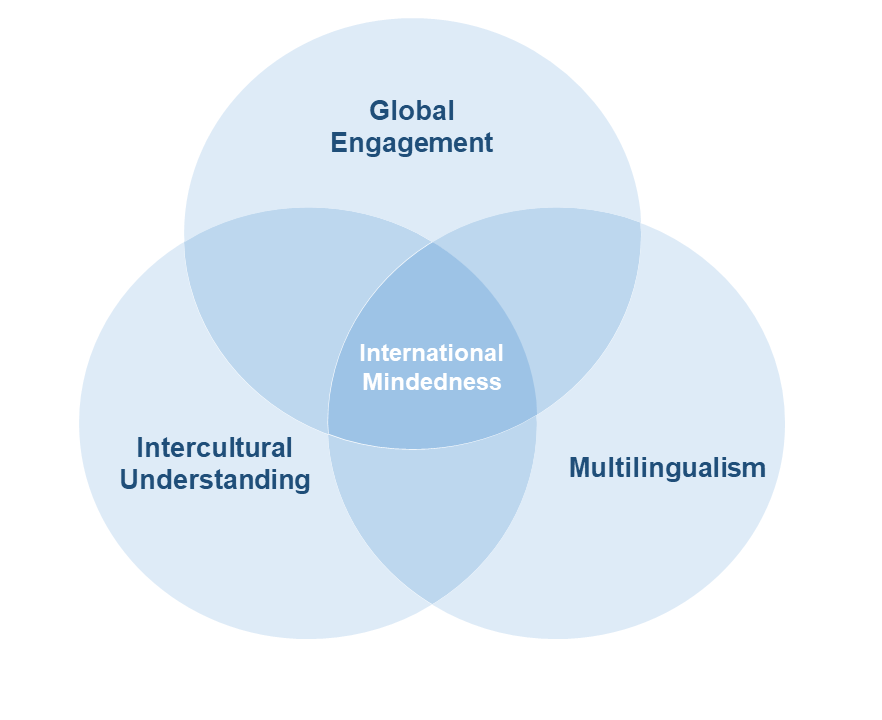The core purpose and intent of the curriculum within Horsmonden Primary Academy is to equip pupils with the necessary skills, knowledge and attributes to be lifelong learners and conscientious global citizens that contribute positively to their community and modern day society. Pupils attending our academy will also learn about themselves as individuals and others around them. We believe this enables pupils to have high aspirations, knowing how to contribute positively both locally and globally, regardless of any disability or special educational need.
As leaders and teachers we deliver an ambitious curriculum that has been carefully designed to enable the depth and breadth of the national curriculum. The National Curriculum is the vital foundation and all new knowledge and skills pupils need to gain are taught and have been broken down into precise steps at each stage, beginning in the early years. This is applied through the transdisciplinary themes of the IB PYP curriculum framework enabling pupils to make authentic and solid connections between previous, current and future learning and as a result of this, learning “sticks”.
The broad, balanced and ambitious nature of the Academy’s curriculum is continuously enhanced and developed to meet the needs of pupils at Horsmonden. Staff have high expectations of all pupils and our curriculum is fully inclusive ensuring pupils who have SEN and/or are Disadvantaged are well catered for and have access to the same high-quality curriculum.
At the heart of our curriculum are the Learner Profile Attributes that support the development of pupils’ character. It enables our pupils opportunities to develop as inquirers, thinkers, communicators, risk-takers, and to be knowledgeable, principled, caring, open-minded, balanced and reflective all of which aligns to the IB philosophy.
A key focus through our curriculum intent is to enrich all pupils’ learning with co-curricular opportunities to enhance their cultural capital and life experiences. This includes both off and on-site experiences with organised trips, visitors and a range of extra-curricular activities.
Integral to our curriculum is our focus on pupils’ wellbeing, mental health and inclusivity and as a result, pupils feel safe, cared for, respected and listened to. Throughout our curriculum there is a strong focus on pupil’s personal development, nurturing specific talents and cultural capital that will ensure a successful transition from phase to phase including as well as to secondary education.
Our curriculum intent is implemented to meet the requirements of the National Curriculum to ensure that all pupils receive the full entitlement. As such:
- The academy’s curriculum is coherently mapped horizontally and vertically. It is progressively building knowledge year on year.
- Teachers plan high quality sequences of learning which support pupils to be appropriately challenged and enables them to think, articulate, write and problem solve fluently.
- Teachers create regular opportunities for pupils to engage with retrieval tasks and use high quality questioning which deepens understanding and enables ‘knowledge to stick’. Additionally, questioning develops pupils as inquirers who take ownership of their learning through their active and collaborative engagement. It is through this process that we are developing thinking and curious learners.
- Extended writing opportunities and deliberate practice are planned for within lessons making sure that pupils are able to independently problem solve, apply their knowledge fluently and master approaches to learning
- Teachers employ Conferencing effectively to provide regular feedback which supports pupils in addressing misconceptions, enabling them to develop age commensurate conceptual understanding and apply this in different contexts. Again, this is progressively built on from year to year.
- Teachers are particularly focused on developing pupils’ reading skills. They develop fluency, enjoyment of reading and confidence.
- Teachers have strong subject knowledge which continues to be developed through regular training opportunities. They present subject matter clearly, evidenced in the breadth and depth of the curriculum which is regularly reinforced during high-quality professional development offered locally and more widely through the Trust.
- Subject Leadership professional development is a priority to ensure that leaders at all levels continue to drive progression across the broad range of subjects.
- Teachers check pupils’ understanding systematically, identify misconceptions accurately and provide clear, direct feedback. They respond and adapt their teaching as necessary to meet the individual needs of pupils. A range of assessment strategies are in place.
- When new teachers and staff members join the academy they benefit from bespoke induction programmes, designed to ensure that they rapidly gain the skills and knowledge needed to be highly successful.
- Through the graduated approach, we ensure that the curriculum is ambitious and designed to give pupils, particularly disadvantaged pupils and pupils with SEND, the knowledge they need to take advantage of opportunities, responsibilities and experiences in later life.
At Horsmonden our curriculum will promote achievement, confidence and a commitment to learning for all. We will ensure that external visits and visitors enhance the curriculum and that whenever possible our pupils will share this new learning with a wide audience in a variety of ways.
As a result of our carefully planned and sequenced curriculum, our pupils will have confidence and knowledge to shape informed opinions about subjects, current affairs and the world around them. They will be able to make links across the curriculum as well as their lines of inquiry. Through their understanding of each National Curriculum subject, they will be able to identify and apply skills learned across a range of contexts.
The culmination of learning allows children to present the ten key learner attributes and strive to be the best versions of themselves. Achievements will be celebrated and high expectations set to ensure all children reach their full potential and they are ready to transition to the next phase of their education.
Our curriculum empowers all children, who can, to meet the expectations of the national curriculum and encourages them to hone and refine their ability to inquire, think and care with a knowledgeable open mind whilst having the confidence to take risks and communicate their thoughts but be principled in their approach and be reflective upon their actions.




